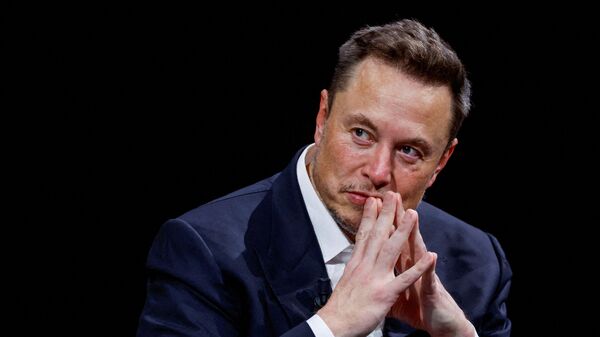Key Takeaways
- Tesla shareholders vote Thursday on a historic $1 trillion pay package for Elon Musk
- Company warns Musk might leave if package isn’t approved
- Nobel economists Duflo and Banerjee question effectiveness of massive financial incentives
- Research shows higher CEO pay doesn’t necessarily lead to better company performance
Elon Musk could become the first CEO in history to receive a trillion-dollar compensation package if Tesla shareholders approve the proposal during Thursday’s vote. The electric vehicle maker has warned that without this approval, Musk might reduce his involvement or even leave the company entirely.
Tesla Chair Robin Denholm emphasized in an October message to shareholders: “Without Elon, Tesla could lose significant value, as our company may no longer be valued for what we aim to become: a transformative force reimagining the fundamental building blocks of mobility, energy and labor.”
Do Bigger Paychecks Really Drive Better Performance?
While conventional wisdom suggests money is the ultimate motivator, research and expert opinions challenge this assumption. Nobel Prize-winning economists Esther Duflo and Abhijit Banerjee argue that the impact of financial incentives is often overstated.
According to Banerjee, wealthy business leaders frequently believe “we are the key fulcrums of the economy, and if we leave everything will collapse.” He added, “That kind of narrative is very tempting for the rich in particular — and they say that willy-nilly — but I don’t think there is much evidence for this.”
What Research Reveals About Executive Compensation
Multiple studies question the relationship between high CEO pay and company performance:
- A New York Times-cited study of Nasdaq’s most valuable firms (2017-2022) found companies paying above-average salaries didn’t see increased profitability
- Research covering 429 major US companies over a decade showed firms paying CEOs less than industry average tended to perform better financially
- Psychologists note that extreme financial pressure can actually increase the likelihood of performance choking
The Stakes for Tesla’s Shareholder Vote
Thursday’s proxy vote at Tesla’s Austin factory will determine if Musk receives enough stock to potentially become history’s first trillionaire. The package would increase his ownership from over 12% to more than 25% of Tesla shares.
Musk needs majority approval from voting shareholders, and his own 15% stake in the company improves the proposal’s chances.




